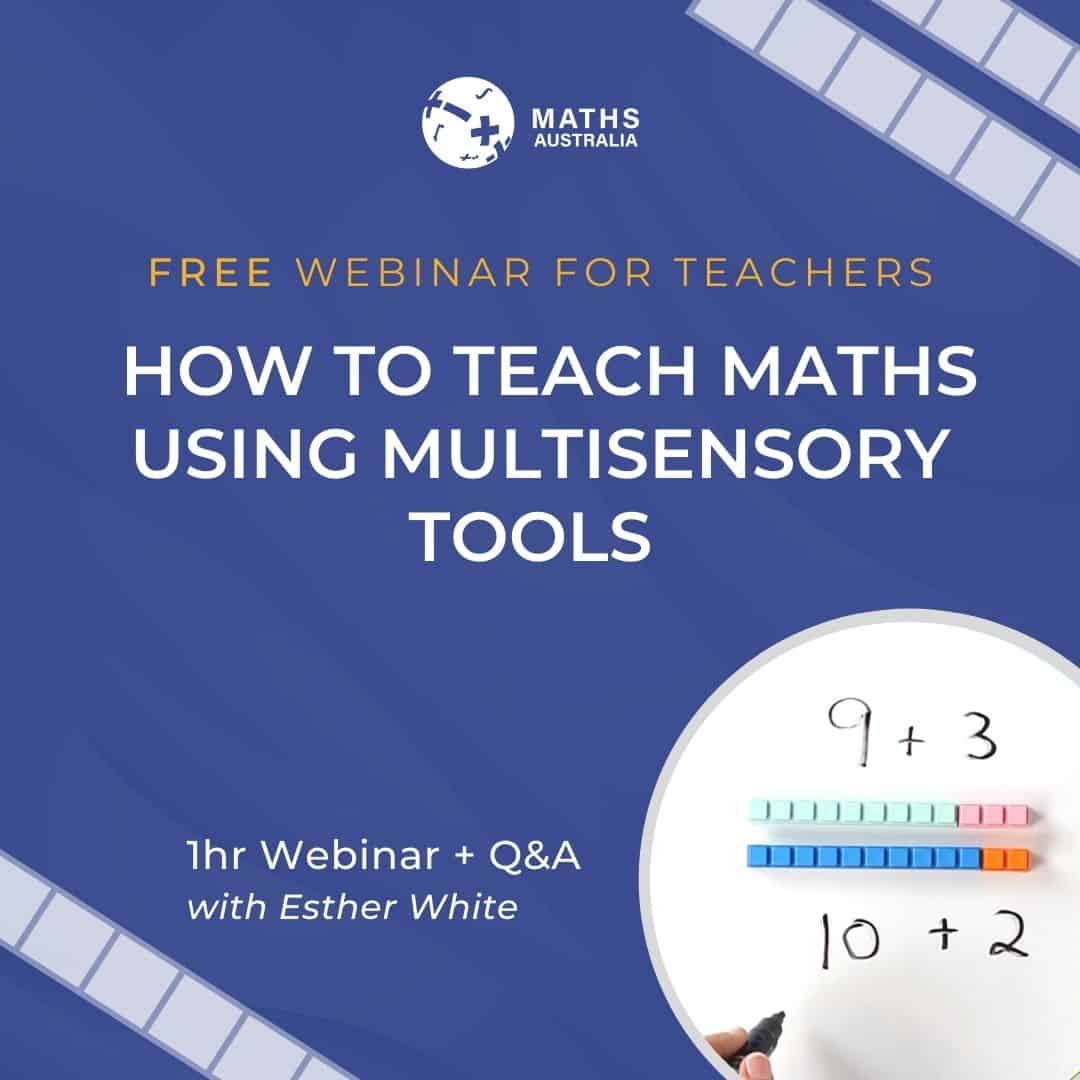
Teacher burnout: Why Teachers are Exhausted
Normally, teachers start their study of becoming a qualified professional with high hopes and big dreams. They have a desire to work with children of all different ages, to impact the education system and to contribute to the next generation.
However, with an out-dated system of teaching methods, spiral-based curriculum and testing requirements that aren't being integrated back into the schooling system, teachers are often left confused, overwhelmed and exhausted. The ongoing need to catch up on student's results, make their results better and still go to bed early are too much.
Studies show that over 85% of teachers quit within 5 years of working in the education system. That means there's a problem with the education system which will create a teacher shortage across Australia.
So how can we change that? How do we support teachers to do what they love, to teach students and inspire them to excel in their education? Now, more than ever, with the effects of COVID lockdowns and restrictions meaning students have to work extra hard to catch up on what they've missed, it's essential to support our teachers.
What is teacher burnout?
Teacher burnout is the term used to describe the overwhelming number of teachers giving up working with students because it's too stressful.
Burnout is a state of chronic stress that leads to:
- physical and emotional exhaustion
- cynicism and detachment
- feelings of ineffectiveness and lack of accomplishment
Psychology Today describes burnout as "a state of chronic stress that leads to physical and emotional exhaustion, cynicism, detachment, and feelings of ineffectiveness and lack of accomplishment." Teachers are usually high achievers who like to work hard and are always looking for ways to improve. This can mean that teachers aim for perfectionism and don't leave enough time for rest and recuperation. It also means that our current prospectus and assessment outcomes aren't working for teachers. Student grades are low and both international PISA student outcomes and Australian NAPLAN test results continue to plummet.
Our current education system must take care of our teachers first and foremost, as these qualified professionals are the primary educators of our next generation.
Why are teachers exhausted and overwhelmed?
There are many reasons teachers feel overwhelmed and can't keep up with demands in the classroom. For many teachers, work doesn't end when the school bell rings. Homework and assignments need to be marked either in between breaks or after school, and if student are struggling, extra attention and focus needs to used to support that student to get through those tricky concepts.
Each student is different and deserves to have an equal opportunity, care and attention to their needs. This can be hard, however, with a classroom full of 30 kids and only 45 minutes to teach!
Therefore, it's important to remember what inspired you to teach in the first place, and to have a plan of action to tackle those tricky concepts and support your student as they need.
What inspires you as a teacher?
There's often a good reason why teachers choose to become an educator in the first place. They may have been inspired with a love of learning, a love of sharing knowledge and impacting the next generation. They may enjoy the community of like-minded educators and specialists who are sharing what they know with the world.
Teachers may have followed in their parent's profession, or may have been inspired by a teacher they had when they were at school. Whatever the reason, remembering what inspired you to teach is a good thing to keep in your focus.
Here's a powerful video where Adam Saenz shares what impacted him, and why he became a teacher:
What guidelines or systems can benefit teachers?
I've always found the first most important thing when under pressure is to get organised. Creating a plan, a to-do list, outlining lesson content and yearly curriculum outcomes will help alleviate the stress.
You can also buy calendars and other yearly planners to help map out what you need to teach over the entire school year - and when to make more time for marking assignments when they are due.
Make sure you carve out time at home for having a break. Especially after school is finished, you need to make sure you're coming home and having a rest. Otherwise, the candle burns at both ends (the light never goes off, you never stop running!) and that's when teacher burnout occurs.
Here are a few important tips on how to simply maths and make it easier to teach for you to work with your students on this important subject:
How to Simplify Maths and Reduce Stress for Teachers
- 1Create a monthly or yearly planner to map out your student's needs, desired curriculum outcomes and add important dates for testing and evaluation
- 2Determine where your student is at with their maths understanding. This is the first place to start with each student so you know where to fill in gaps of understanding and what to teach them.
- 3Choose a step-by-step program that guides you on exactly what to do for each student. It means you don't have to do the hard work figuring out what to teach - it's already done for you!
- 4Use hands-on tools and manipulatives to teach maths. This is especially important for kids to understand the concrete aspect of maths, to develop a strong kinetic understanding of numbers. This knowledge will help them succeed!
- 5Practise what you have taught your student with maths facts sheets and other resources that support the concepts that have just been learnt. Revision and practice always helps! You can access the free Mega Bundle Download here and it's jam-packed with a range of maths resources that will support your teaching goals.
- 6At the end of each day, schedule in time for relaxing and self care. That could be a cup of tea on the verandah overlooking the mountains, or cooking a delicious meal. Reading a couple of pages of your favourite book is also a good way to relax after a long day in the classroom.
Remember, if you're needing extra to support to teach maths you can join us at our Multisensory Maths Trainings. These teacher-specific Trainings are designed so you have extra tools and methods to teach your students in a powerful way, using explicit and research-based methodology.
If you want to check it out, you can join our Free Teacher Webinar, where we show you some very simple ways to enhance your maths teaching.
Free Teachers Webinar
If you want to find out more about how we teach multisensory maths with specific hands-on tools and resources that can support your students, you can join us for our next upcoming free webinar.
This session is for teachers looking to teach maths in a more effective way and is perfect for those with struggling maths students, requiring intervention and is especially effective for students with learning differences.
Sign up for the free webinar here:
Happy teaching!
Warmly,
Esther White

